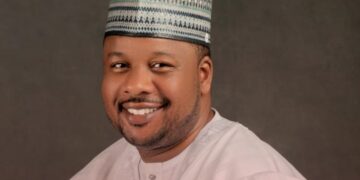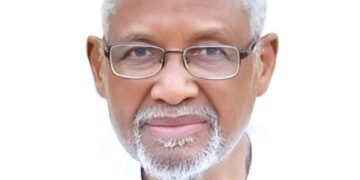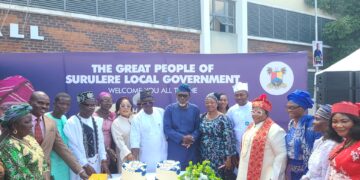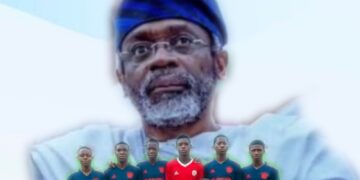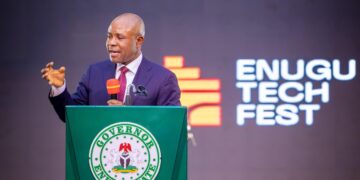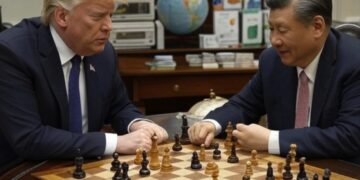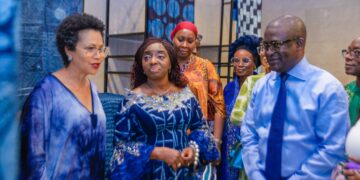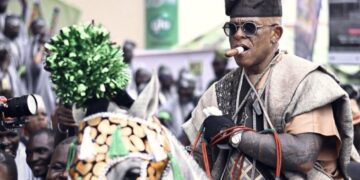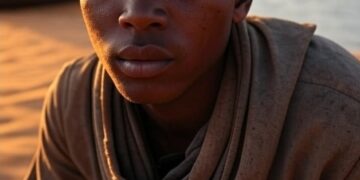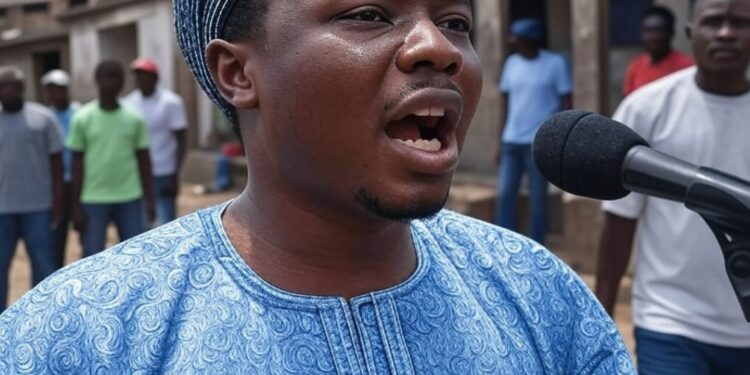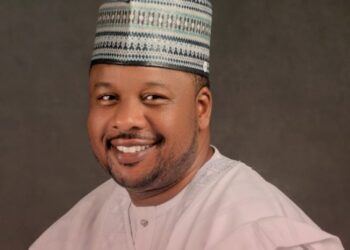As the 2027 elections loom, the familiar cry of “Yoruba Ronu!” will soon echo across our towns and cities. Politicians, sensing the fragility of their grip on power, will summon this rallying call—not to inspire critical thought, but to stoke division and loyalty. It is time we, the Yoruba people, pause and ask: Are we truly thinking, or are we being manipulated once again?
For too long, this phrase has been weaponized to drown out reason. Every election cycle, young Yoruba men and women are recruited as digital foot soldiers, armed with smartphones, mobile data, and just enough cash to quiet their hunger. In makeshift bootcamps, they are not taught to build or innovate but to hurl insults, smear opponents, and invoke ethnic pride to threaten conflict. Our sacred traditions—Oro, Ifa, Ogun—are reduced to tools of political intimidation, while the real enemies, cloaked in agbada, orchestrate this betrayal from above.
These “activists” are our neighbors, our kin. They endure the same poverty, insecurity, and despair that plague us all. Yet, the political elite who claim to champion Oduduwa’s legacy offer them no vision, no plan—only temporary handouts. When elections end, these youths are discarded, their slogans forgotten, their futures unaddressed. Meanwhile, the children of these same leaders thrive abroad, shielded from the chaos their parents perpetuate.
The hypocrisy is stark. Major contracts in Yorubaland are awarded to foreign firms—Lebanese, Chinese—while our graduates roam the streets, clutching CVs or riding okada to survive. Looted funds flow to banks whose executives do not speak our language, and the wealth is hidden in the names of women who are rarely from Ijebu, Egba, or Ekiti. When a prominent banker, not Yoruba but from an ethnic group we are taught to vilify, died in a helicopter crash, some of our leaders mourned deeply. Why? Because their interests are not with us but with their own enrichment.
Even our elders, the supposed custodians of wisdom, are not spared. When they grow restless, they are invited to government houses for lavish dinners, a N200,000 “transport allowance,” and perhaps a N10 million contract. They leave satisfied, their silence bought, while our schools crumble, our hospitals decay, and our roads claim lives. In the same breath, a young Chinese contractor, barely fluent in English, signs a N10 billion deal, importing equipment and labor while our engineers and technicians languish.
This is not the Yoruba way. Our ancestors, from Oduduwa to Awolowo, valued knowledge, industry, and community. Yet today, our youth, abandoned by a system that fails them, turn to Yahoo-Yahoo and Olosho as acts of survival. The next generation of political thugs will be drawn from this same pool of desperation—a cycle we must break.
“Yoruba Ronu” should not be a call to blind loyalty but a demand for accountability. We must question why our resources enrich outsiders while our people suffer. We must reject the crumbs offered by those who betray us and demand leaders who invest in our schools, hospitals, and youth. We must think—not chant—for a future that honors our heritage and secures our prosperity.
The time for true reflection is now. Let us not wait until we are used and discarded again. Yoruba, ronu—think, and act.


